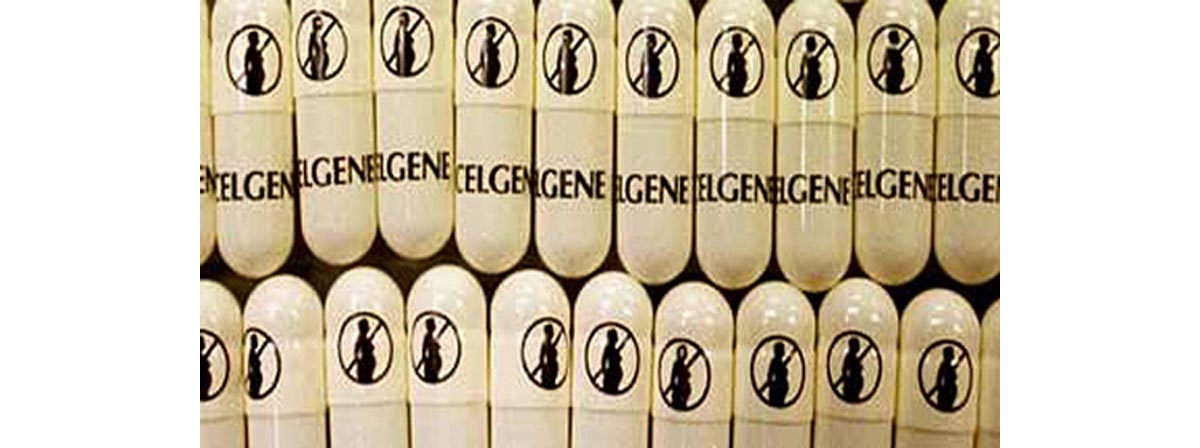Table of Contents
Many people still erroneously believe Hansen's disease to be incurable — but medications are now available to kill the caustive bacteria. Leprosy should always be brought under control as soon as possible; before the disease causes irreversible damage to the patient. If this has not been done in time, the damage caused by infection becomes irreversible and can be very serious.

The drugs used to cure the disease are normally bacteriostatic in nature and are commonly known as leprostatic agents. There many different antibiotics which fall under this broad category. Some commonly used examples include dapsone, rifampicin, clofazimine and thalidomide.
Unfortunately, a single drug treatment often leads to failure due to acquaintance of drug resistance mechanisms by the bacteria. Therefore, Multi-Drug Therapy, or MDT, is preferred nowadays to treat leprosy. Chemotherapeutics that build the backbone of the MDT regimen are dapsone, rifampicin, clofazimine, ofloxacin and minocycline.
Followed by the initial treatment, different treatment course is assigned to different patients according to the severity and type of the disease.
Leprosy vaccines need to be improved
Vaccination against leprosy has limited success. The BCG (Bacillus-Calmette-Guerin) vaccine offers some degree of protection against Mycobacterium. It appears that 40-60% of patients develop immunity with the administration of two subsequent doses of this vaccine. New developments in vaccine design against leprosy are still in progress, with some promising new research offering hope for the future eradication of this disease.
Leprosy tends to affect people in poorer countries
According to the WHO,the number of new leprosy cases worldwide exceeded 200,000 in 2019. Geographically, the majority of patients were located in Africa, South America (mainly Brazil) and Asia (India). In the USA, about 200 leprosy cases are diagnosed every year.
Leprosy can infect people of all ages. Males seem to be easier targets for the pathogen: around 66-75% of infected people are men.
Why leprosy is still not eliminated?
Leprosy still persists around the world at a relatively high rate. One of the reasons behind this is the non-compliance with treatment. The low rate of continuous adhesion to treatment regimens gives rise to potential recurring infection sources, irreversible complications, and resistance to multiple drugs as well as incomplete cure.
Factors that are responsible for these treatment dropout cases are mostly of a socioeconomic nature: improper education and knowledge about the disease, alcoholism, side effects of drugs and lack of interest in being under prolonged treatment. Moreover, stigmatizing and the consequent fear among people about losing their social and economic security also prevent them from approaching medical professionals for proper treatment.
It is said that prevention is always better than cure. Thus, proper knowledge about the disease, especially among people in the areas where it is more common, can help in eliminating Hansen's disease from the population. Patients should be properly informed about each and every aspect of the disease so that they are aware of the risks associated with incomplete treatment. Governments should also take adequate measures to combat the infection. Leprosy can and must be eliminated.
- Eichelmann K, González González SE, Salas-Alanis JC and Ocampo-Candiani J. (Sep 2013) Leprosy. An update: definition, pathogenesis, classification, diagnosis, and treatment. Actas. Dermosifiliogr. 104: 554-563
- Saonere JA. (Nov 2011) Leprosy: An overview. J. Infect. Dis. Immun. 3: 233-243
- Duthie MS, Gillis TP and Reed SG. (Nov 2011) Advances and hurdles on the way toward a leprosy vaccine. Hum. Vaccin. 7: 1172-1183
- Girão RJ, Soares NL, Pinheiro JV, Oliveira GD, de Carvalho SM, de Abreu LC, Valenti VE and Fonseca FL. (Aug 2013) Leprosy treatment dropout: a sistematic review. Int. Arch. Med. 6: 34.
- Photo courtesy of moyerphotos by Flickr : www.flickr.com/photos/moyermk/4120898861/
- Photo courtesy of Duckwailk by Flickr : www.flickr.com/photos/duckwalk/9636420141


Your thoughts on this